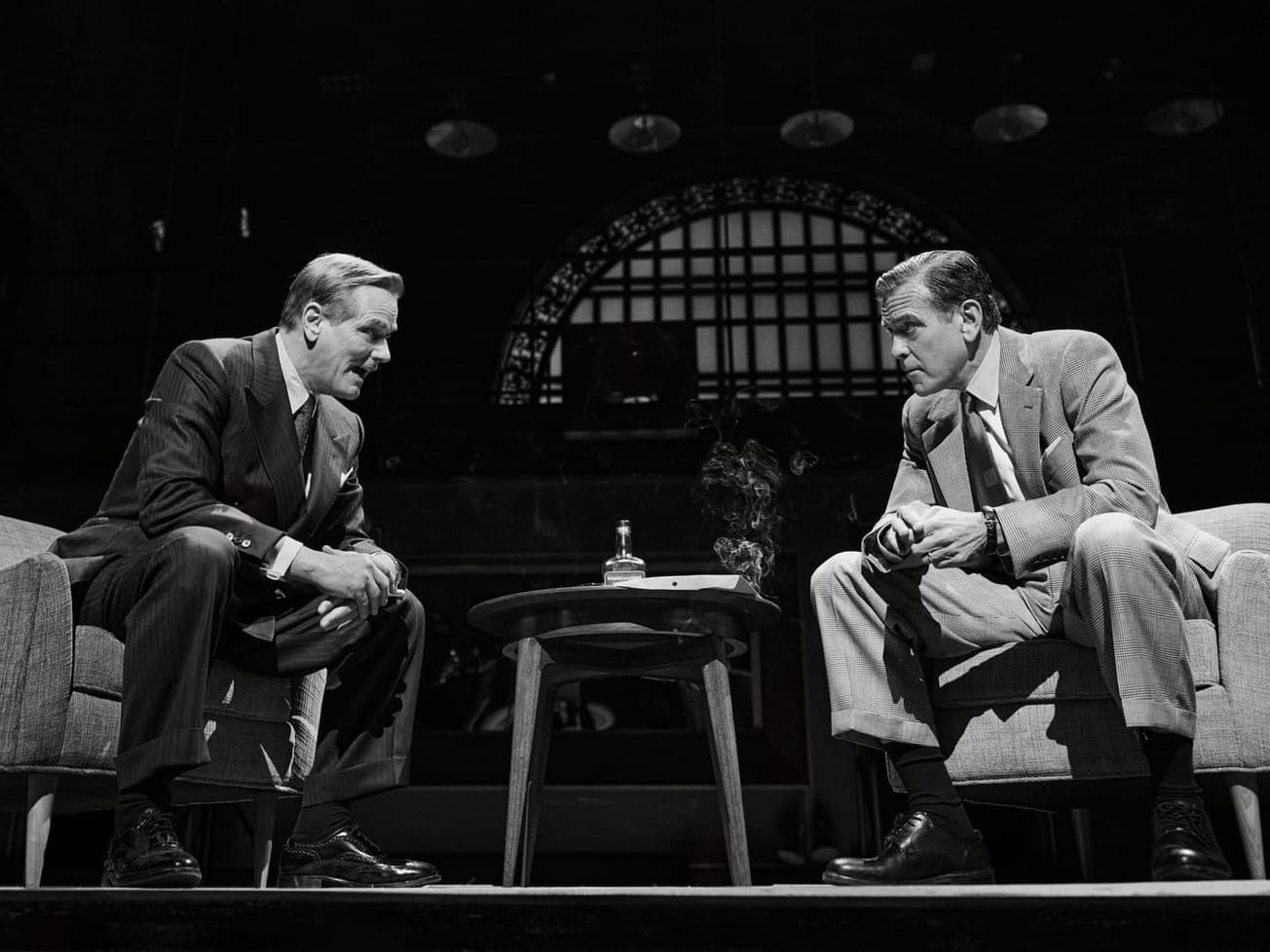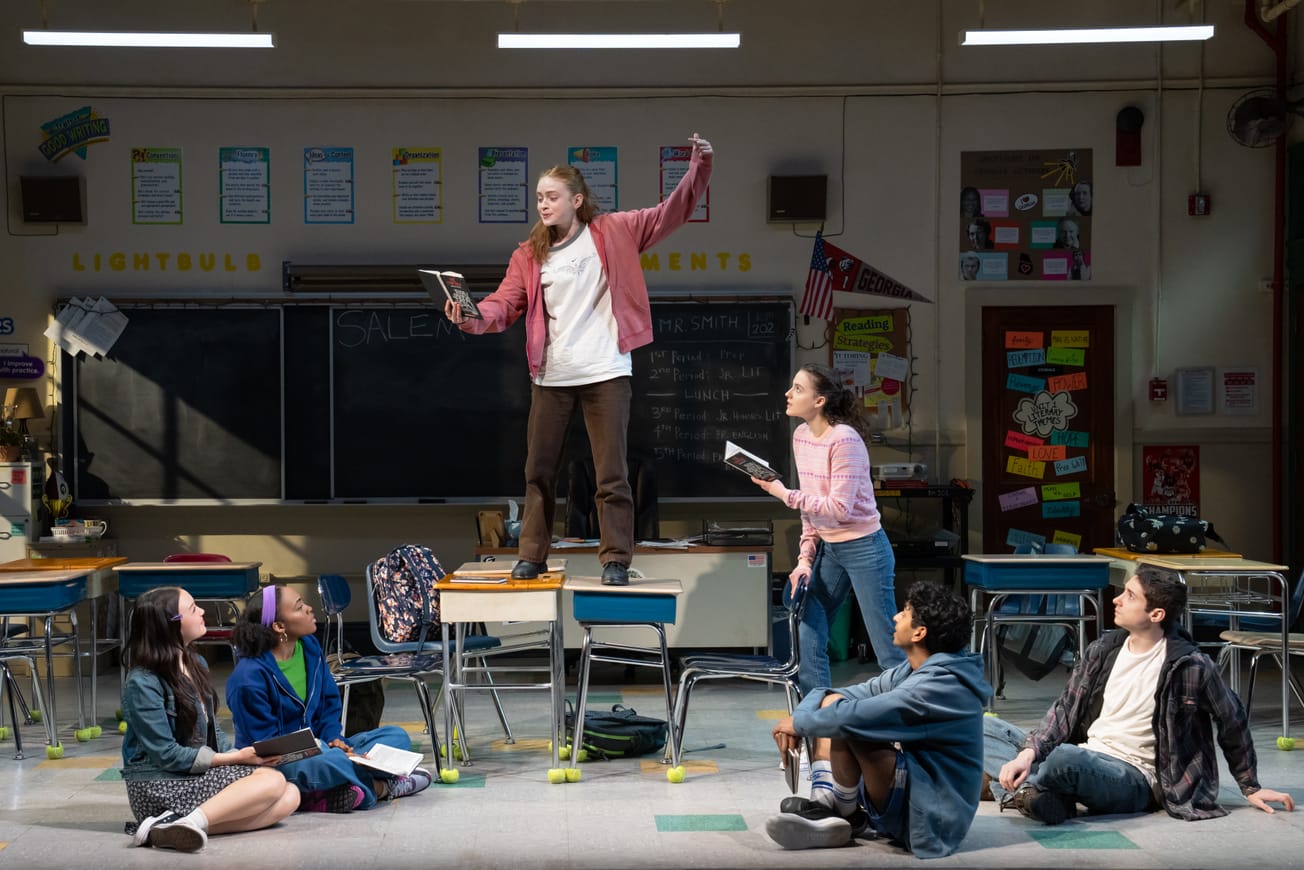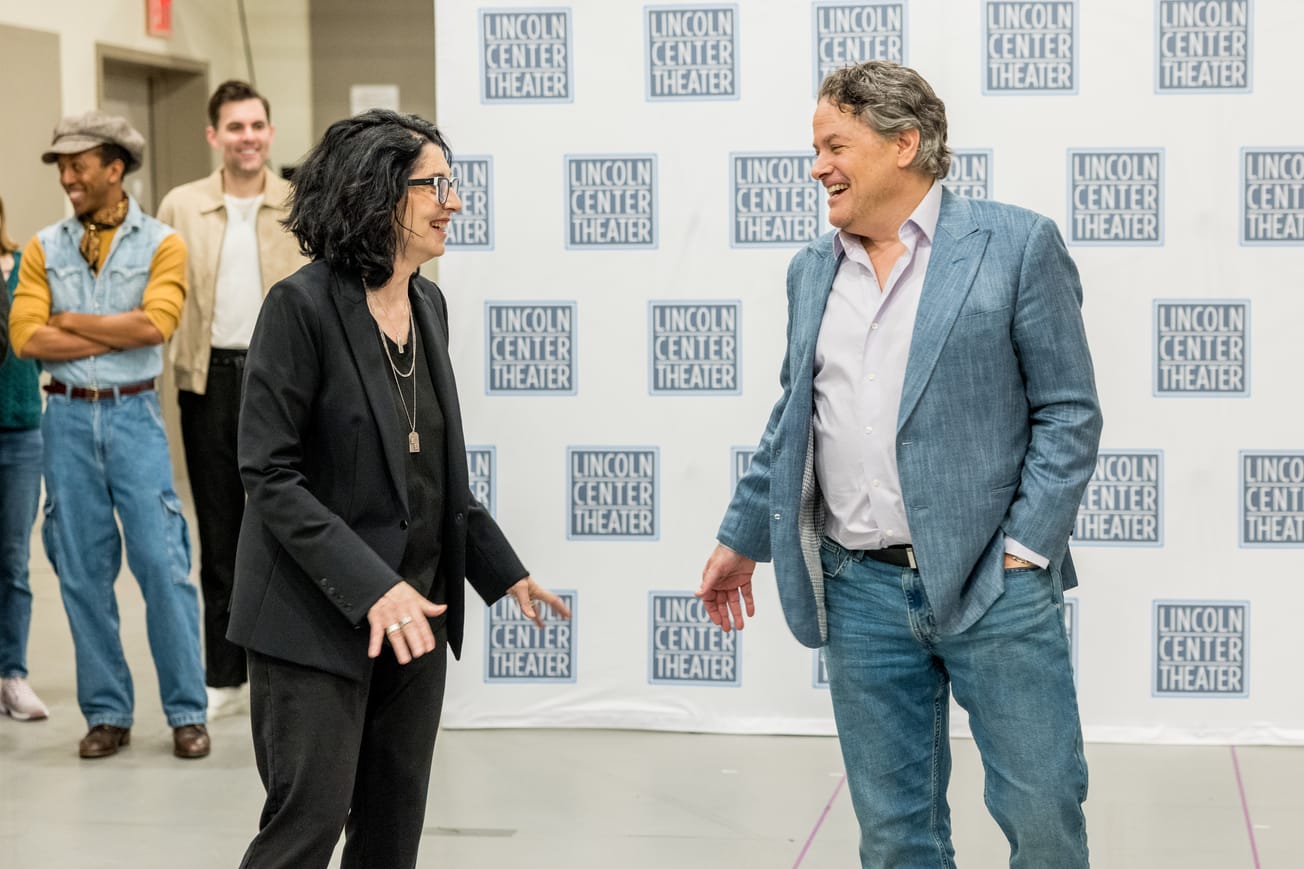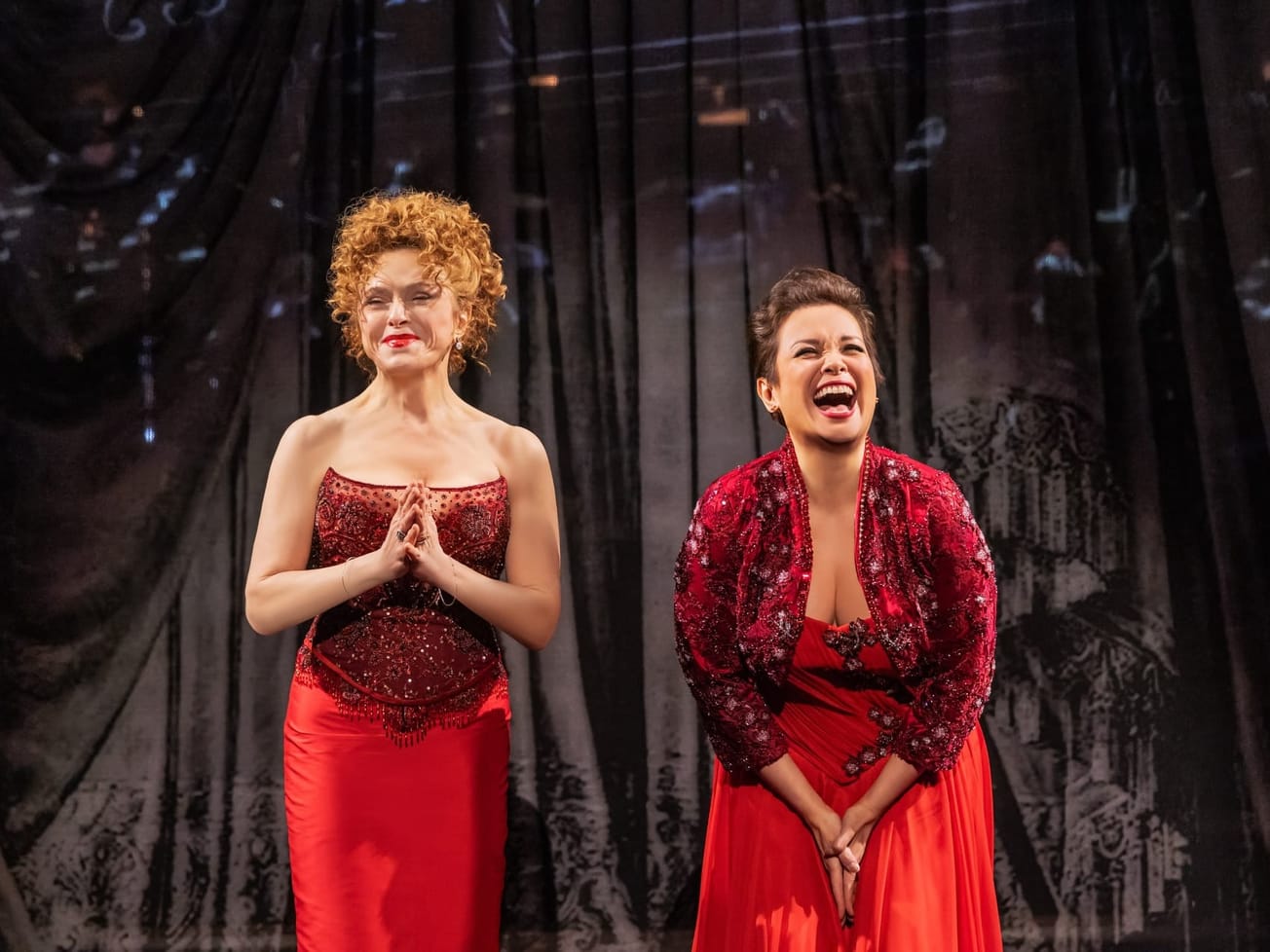The Screen Actors Guild - American Federation of Television and Radio Artists (SAG-AFTRA) reached a tentative deal with the Alliance of Motion Picture and Television Producers (AMPTP) on Nov. 7. Pending approval by SAG-AFTRA’s members, the long-awaited agreement will mark the end of the union’s 118-day strike, the longest in its 90-year history. As of Nov. 9, the strike is suspended and picketing locations have closed.
On July 13, the national board of SAG-AFTRA voted unanimously to strike, following unsuccessful negotiations for their TV/theatrical contract. The contract expired July 12, after an extension from the original June 30 date had been granted.
The strike followed weeks of negotiations, during which the union’s primary concerns were increases in compensation in residuals and royalties for series and films offered on streaming services, guaranteed consent and payment for using artificial intelligence to create digital replicas of their likeness, changes to healthcare funding and changes to the allowance of self-taped auditions.
In response to the tentative agreement SAG-AFTRA president Fran Drescher said in an Instagram post., “New ground was broke[n] everywhere. We did it!”
In a letter to its union members dated Nov. 9, the negotiating committee said, “We have arrived at a contract that will enable SAG-AFTRA members from every category to build sustainable careers. Many thousands of performers now and into the future will benefit from this work.”
“In a contract valued at over $1 billion in new wages and benefit plan funding,” the letter continues, “we have achieved a deal of extraordinary scope that includes ‘above-pattern’ minimum compensation increases, unprecedented provisions for consent and compensation that will protect members from the threat of AI and, for the first time, establishes a streaming participation bonus.”
The negotiating committee and Drescher both acknowledged their sibling unions, notably Actors’ Equity Association (AEA), the union representing Broadway performers and stage managers, whose solidarity and support during the strike was vital to their success.
The news of the SAG-AFTRA strike suspension arrived not long after the Writers Guild of America (WGA) ended its 148-day strike on Sept. 27. The WGA ratified a new contract on Oct. 9. The issues of the WGA were similar to those of SAG-AFTRA, specifically writers’ compensation for streaming properties and the concern of artificial intelligence, such as ChatGPT, replacing their work. The WGA strike had a direct impact on the 2023 Tony Awards, whose standard use of scripted award presenter banter would have been considered crossing the picket line. A special waiver granted to allow the Tony Awards to continue as scheduled on June 11 in an unscripted format.
For many, the resolution of these strikes marks a return to work for professionals who earn their living both in theater and on the screen. Broadway actors who regularly work across film and television are now able to continue stalled projects. Tony Award winners Laura Benanti, Donna Murphy and many others offered social media posts celebrating the end of the SAG-AFTRA strike and their excitement to focus on upcoming film projects.
Timelines for the resumption of specific projects and hiring for new projects have not been publicized.
While acknowledging the end of the strike as a positive, the Entertainment Community Fund offered words of caution. The national organization, which provides services to entertainment industry workers, warned of the strikes’ long-term health and economic impact.
“We are very concerned about the long-term impact that the work stoppage will continue to have on people directly and indirectly affected,” said Joseph Benincasa, president and CEO of the Fund, in a statement. “We’ve distributed more than $11.2 million to more than 5,200 people working in film and television. It will be months before the industry fully recovers, and we encourage those in need to reach out to the Fund.”
“We’re here to help,” said two-time Tony Award nominee Annette Bening, current chair of the board of the Fund. “Even now that the strikes have ended, we know many will face challenges for weeks and months to come,” she said. “We must continue to be the safety net that they need. I encourage all who can to lend their support to the Fund.”


























































